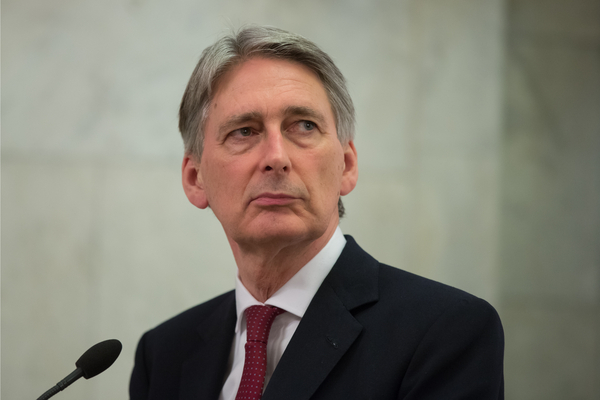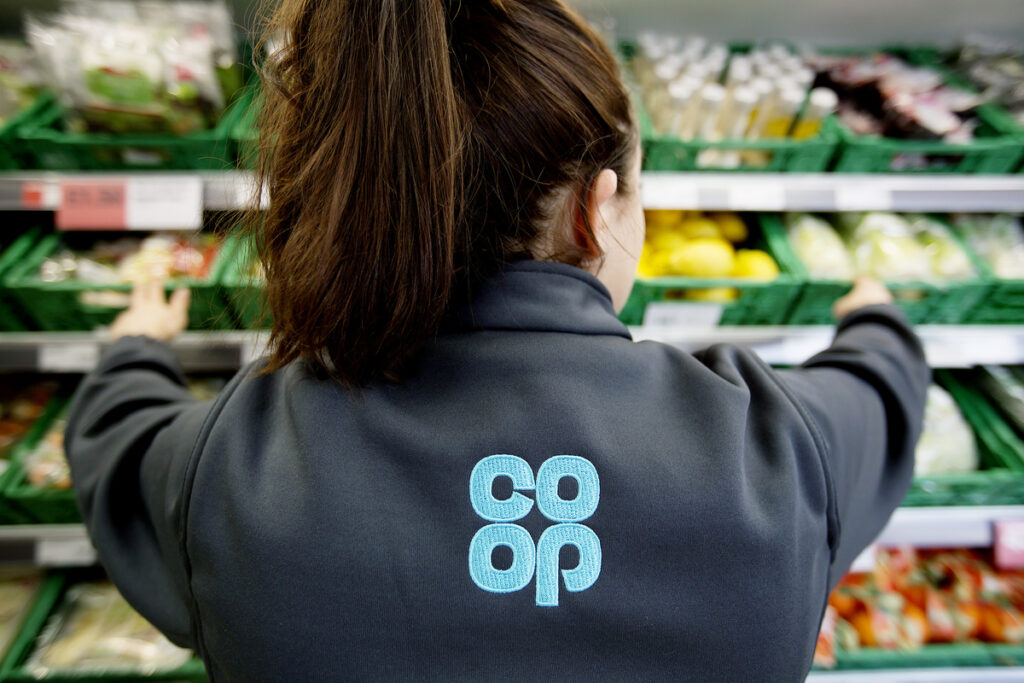Retail groups have made one final plea to Chancellor Philip Hammond to reconsider the looming business rates reforms ahead of tomorrow‘s Budget.
The British Independent Retailers Association (Bira) criticised the business rates revaluation, due to come into effect on April 1, by arguing it comes “at the worst possible time” thanks to the perfect storm of Brexit business uncertainty and the devalued sterling, along with the cost pressures from imports and the national living wage.
Bira urged Hammond to take its three-point plan into account to help improve business rates, and warned that thousands of small businesses could close if current proposals were to go ahead.
“In 2014 the Chancellor announced a full structural review of business rates – all that has happened is a change to the appeals system and sticking plasters to the antiquated and unfair structure,” Bira chief executive Alan Hawkins said.
“We need fundamental reform and quick.
”The government has clearly stated its support of the great British high street in these tumultuous times, but now they have to demonstrate it and Philip Hammond needs to listen in advance of the Budget.”
READ MORE: Sajid Javid warned about jumping into “court & judicial review” over business rates
Bira‘s three-point plan consists of issuing an immediate retail-specific relief of £1500; altering the £12,000 threshold to a £12,000 allowance for all retail businesses; and a “fundamental reform” of the rating system that creates a fair, modern rating structure.
Bira‘s three-point plan comes a day after the British Retail Consortium wrote to Hammond where, like Bira, they argued that the high street needed a “fundamental reform” of the tax.
Meanwhile, the British Chambers of Commerce (BCC) said that as well as short-term relief for the worst-hit businesses, Hammond should ditch the idea that income from the tax must stay the same each year apart from an adjustment for inflation in order for the government to offer more help to struggling firms.
The BCC, which published a study this week that found business rates were the biggest concern for one in two small firms, also wants to make it easier to appeal against rates valuations, switch how the annual inflation increase is calculated, and remove all plant and machinery from the tax.
“Rising business concerns demonstrate the urgent need for action on business rates in the budget this week,” BCC director-general Adam Marshall said.
READ MORE: Business rates could make 1/5 of small retailers close down
“The UK had the highest business property taxes in the developed world even before the recent revaluation – hammering firms with sky-high costs before they turn over a single pound. This undermines business investment, which in 2016, fell for the first time in seven years.”
The news comes after an intense few weeks of growing discontent from a number of MPs from all parties and leading business figures over the impact the rates changes will have on many struggling businesses, especially high street retailers.
Influential figures such as Mary Portas and London Mayor Sadiq Khan, Sansbury‘s chief executive Mike Coupe, the Federation of Small Businesses, and New West End Company have all weighed in on the debate.
Communities Secretary Sajid Javid recently announced extra help for small firms facing increases that will be announced in the Budget tomorrow.
The government has already put in place a £3.6 billion transitional fund to help businesses facing sharp increases when the business rates are updated for the first time since 2010.
Click here to sign up to Retail Gazette’s free daily email newsletter
















